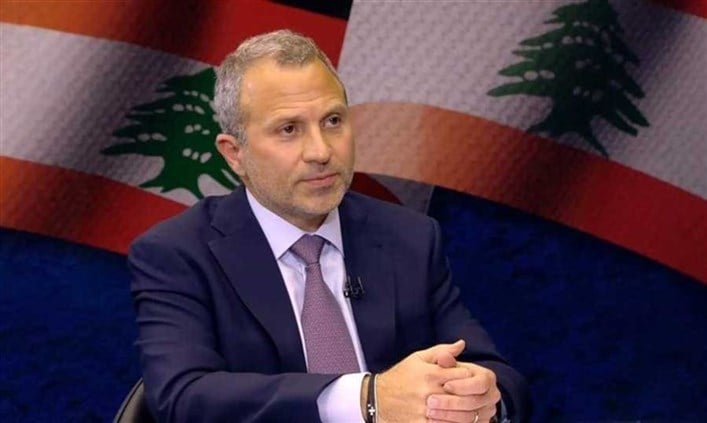The president of the Free Patriotic Movement, MP Gebran Bassil, delivered a speech following the parliamentary consultations regarding government formation. He emphasized that his party had made no demands for ministerial positions or quotas and expressed their readiness to assist in the formation of an effective government.
On Government Formation and Representation
Bassil underscored the need for a government that includes ministers representing parliamentary forces while also being composed of specialists. “An effective government must combine political representation with expertise, ensuring it is capable of reform and production. A single, transparent criterion for participation must be applied to avoid discrimination or targeting of any group.”
Support for Prime Minister-Designate Nawaf Salam
Bassil expressed optimism about the appointment of Prime Minister-designate Nawaf Salam, describing it as a significant opportunity for the country. He called for unity behind Salam, in line with the aspirations outlined in President Joseph Aoun’s oath and Salam’s own address, both of which, he said, align with the values of reform and national partnership. “This appointment is not a defeat for anyone but a victory for the principle of reform over the entrenched policies of the system.”
Principles of Equality and Non-Exclusion
Bassil stressed that no one should feel excluded or marginalized. “We are all equal under the constitution and the law. Our role as a political party is to ensure no one is treated unfairly, whether through exclusion or favoritism.”
Ministerial Statement Priorities
He outlined key priorities for the upcoming government, including:
1. Implementation of Resolution 1701 and the Taif Agreement: Bassil emphasized the need to extend the state’s authority over all Lebanese territories, rejecting alternative formulas.
2. Syrian Refugees: He called for the expedited return of Syrian refugees to their homeland, emphasizing a balanced, institutional relationship with Syria that respects both countries’ sovereignty.
3. Financial Reform: He highlighted three pillars of financial reform:
• A comprehensive forensic audit to uncover the truth.
• Resolution of the banking sector crisis, including the recovery of depositors’ funds.
• Effective management and investment of state assets to benefit citizens.
4. Political Reform: Bassil urged the implementation and development of the Taif Agreement, particularly decentralization, to address constitutional shortcomings.
5. Judiciary and Justice: He stressed the importance of judicial independence, citing unresolved cases like the Beirut port explosion and the misappropriation of public funds.
Conclusion
Bassil reiterated his party’s willingness to assist in forming a government that combines political representation with technical expertise. “There must be clear and fair rules to guide the process, ensuring no one feels targeted or disadvantaged. The focus must remain on reform, justice, and productive governance for the benefit of all Lebanese.”




